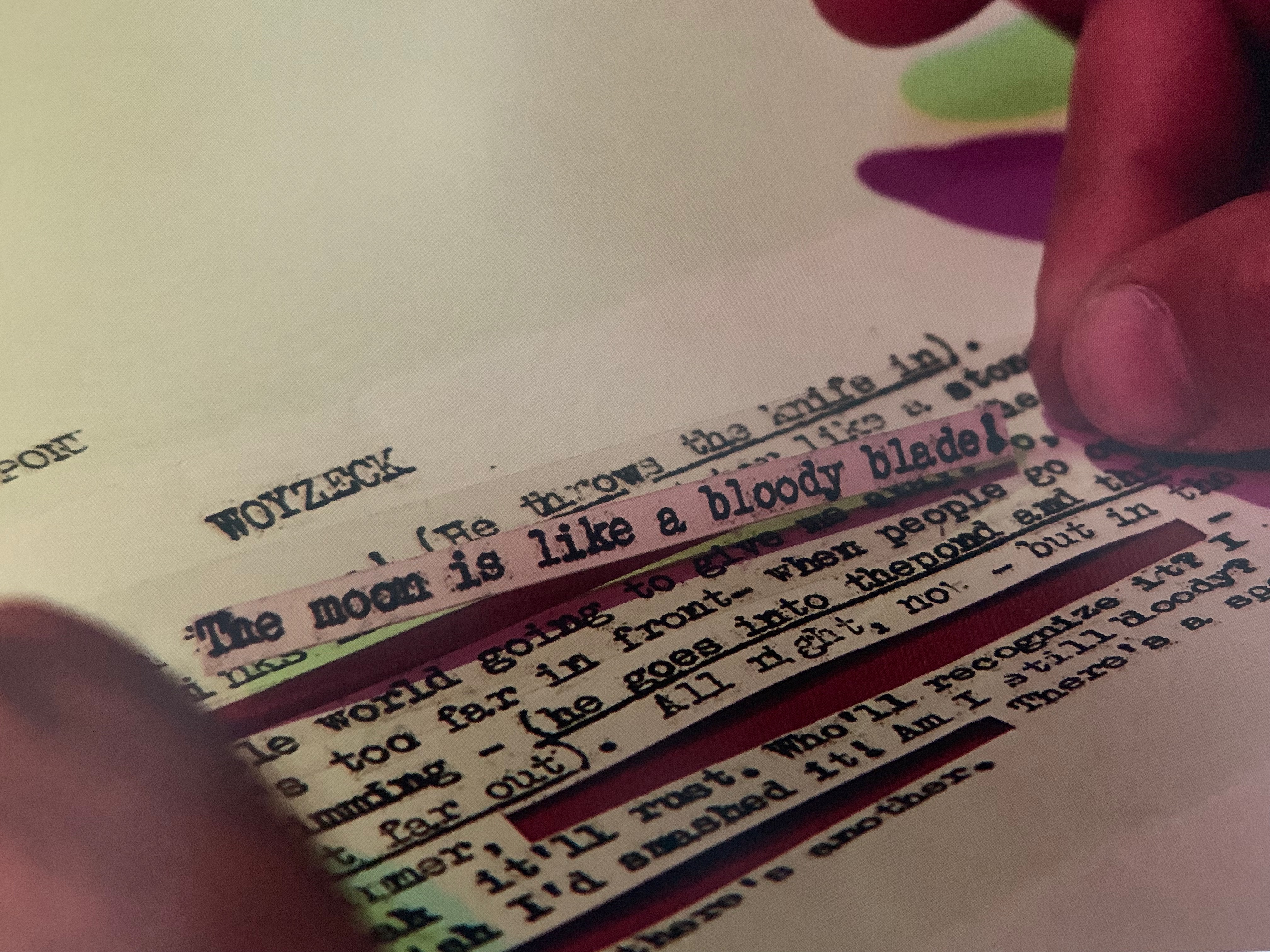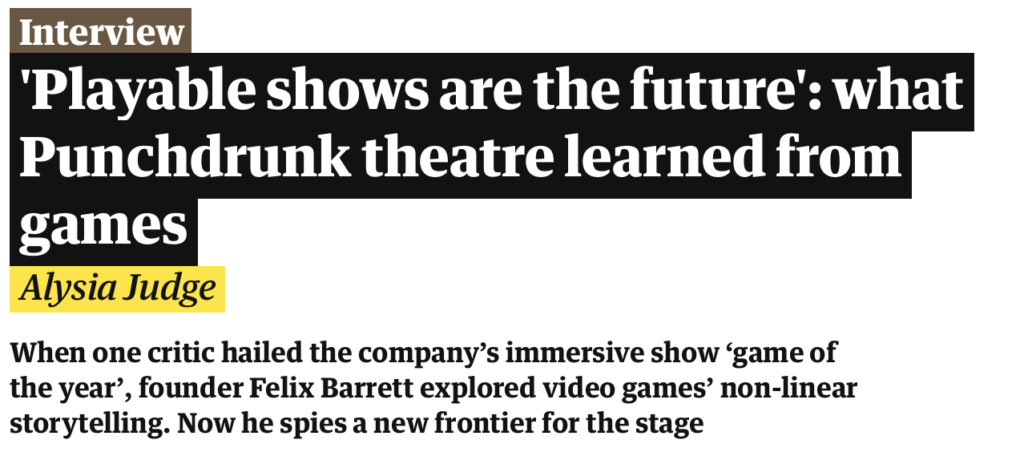2025 was a pretty awful year in the life sense, but an oddly great year for games – enough that after five years without, I’ve got a list to share.
“Oddly great” feels apt when the industry is imploding daily. Studios are dying. Hardware is more expensive than ever. Executives acting like AI slop being everywhere should just be accepted as a rational evolution of the industry.
But there’s still joy to be found in the margins. Plenty of small games and passion projects left a mark on me this year.
Honorable mentions: Cauldron, Dispatch, Expedition 33, the Simpsons mini-season of Fortnite, Idle Inc., Hades 2, Lumines Arise, REMATCH, Tokyo Xtreme Racer.
List in alphabetical order because they’re all good games worth your time.
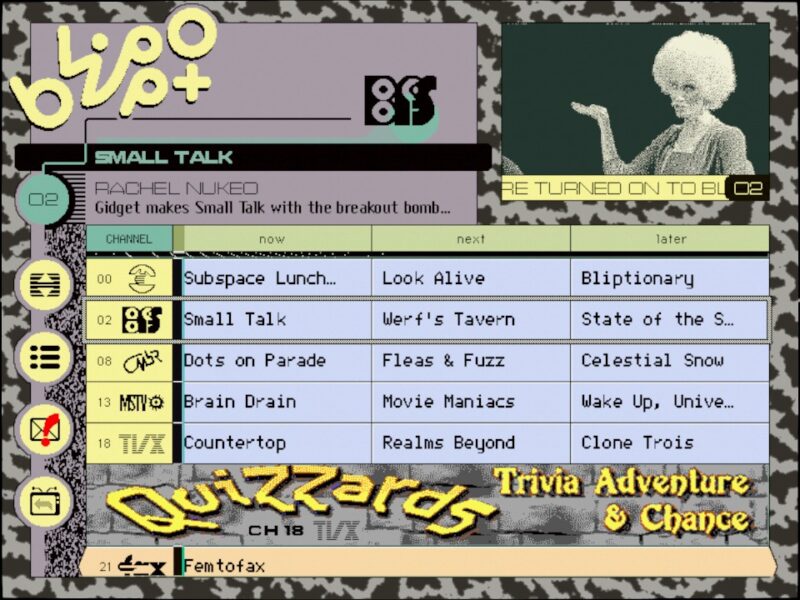
I’ve always had a love of full-motion video in gaming, and the words “weird FMV game” have perhaps never applied more than they do to Blippo+. You can have that weird sense of discovery as you flip through a list of unfamiliar and slightly foreign TV channels any time! No surprise at all it’s from Panic, a think tank of gaming weirdos previously disguised as a Mac shareware company.
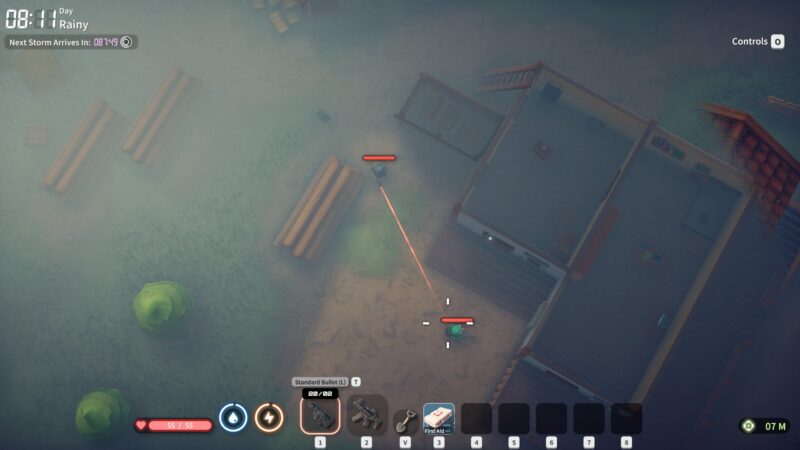
“Extraction shooter” always felt like code for “It’s a shooter, but we added a bunch of Souls-like nonsense to make you hate it”. But Escape from Duckov ticked a lot of boxes – a constant sense of progression, no online PvP to spare me from people who live in the game, and combat easy enough to handle but just sweaty enough to make it fights feel like they have stakes. Price point is great too.
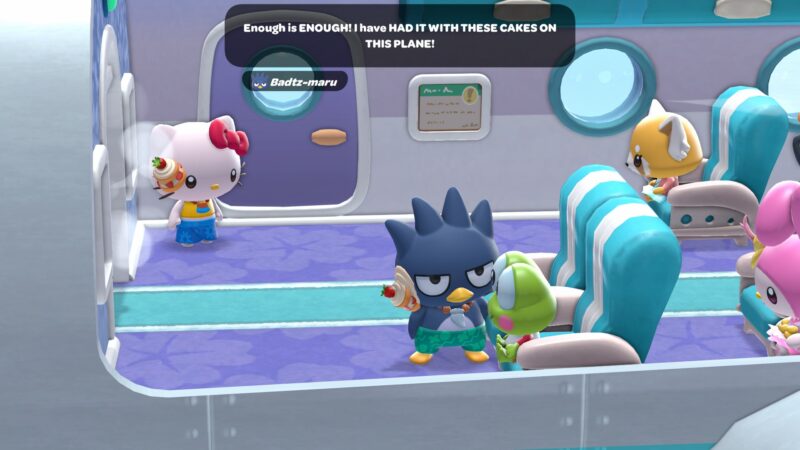
I’ve long appreciated the Animal Crossing series but often wished there was more focus on quality of life and not torturing the player. (YOU CAN STACK FRUIT?!) Someone answered my plea, and weirdly, it was…Sanrio? Hello Kitty Island Adventure is the best Animal Crossing game I’ve ever played.

The Hundred Line –Last Defense Academy– takes an insane conceit – “what if you lived underground but then were transported to a school in an abandoned wasteland constantly attacked by monsters and if you fail to defend it for 100 days humanity ends oh and death isn’t usually permanent anyhow good luck” – and manages to make it about 100x more insane as you work through the plot.
And then (spoilers, I guess?) you finish the game and you travel back in time and now there’s 100 different branching ways to see the story through. I finished the first run in 2025; we’ll see if I have the endurance to find my way through all 100 endings in 2026. (I actually don’t love the combat!)
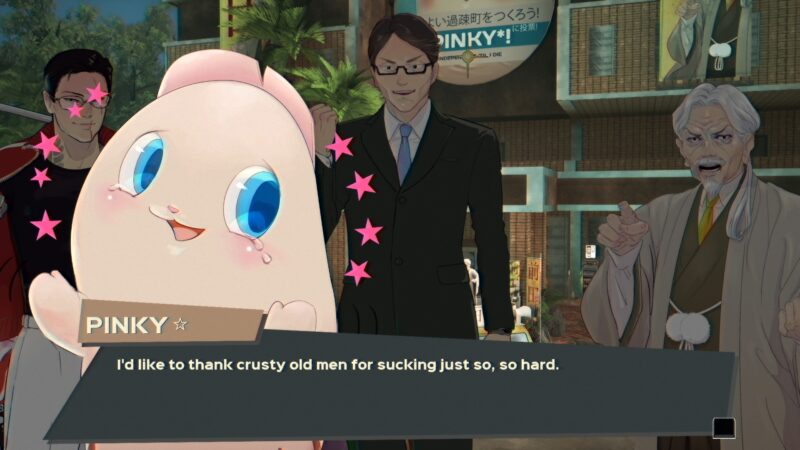
Kaizen Game Works was responsible for Paradise Killer, one of my favorites from 2020. Their follow-up, Promise Mascot Agency, is not what I expected but exactly what I needed. The best card-battle Burnout-Paradise-adjacent business-management-sim cursed-fetch-quest deviant Yakuza-like you’ll probably ever play.
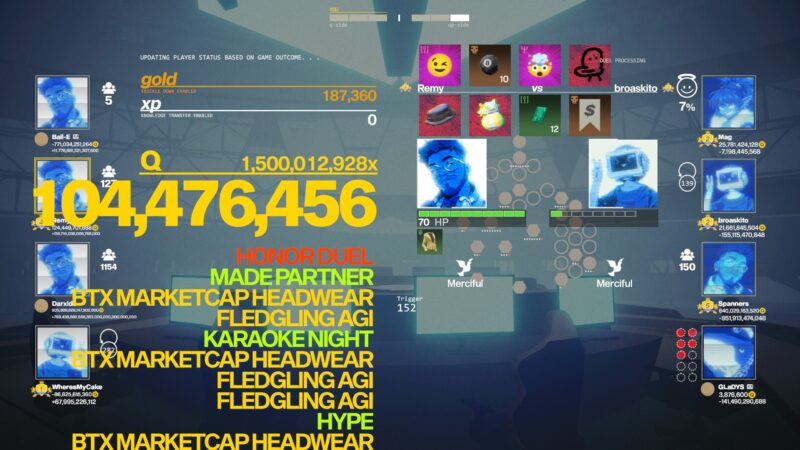
Q-Up is…well…you kind of flip a coin, it comes up heads, it comes up tails…it’s different every time.
No game had more to say about the state of gaming, of what it even means to play a game anymore, and of the world around those games. Added bonus: soundtrack of the year.
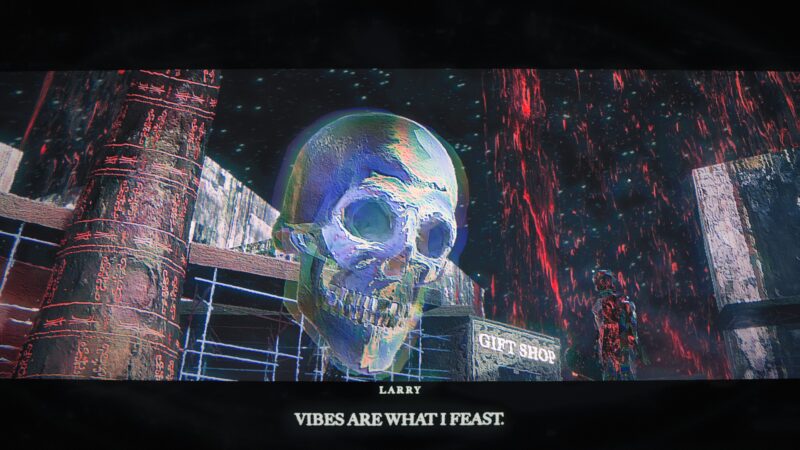
The vibes are immaculate in Skate Story, a thinky little skateboard game from Devolver where you’re just trying to eat the moon, no big deal. A killer soundtrack by Blood Cultures got them into heavy rotation in my Apple Music library just from the demo version.
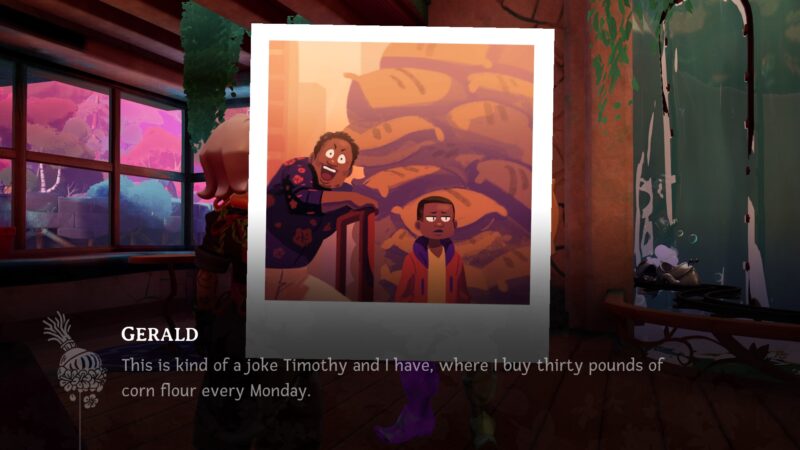
You’ve chased perfection for as long as you can remember, but the burnout overwhelms you. A strange man tells you it’s okay and perhaps you’d like to make some tea. People come and go.
Wanderstop is beautiful, cozy, reflective and I’m not sure I can bring myself to play it for any length of time because I worry I’m going to break down crying when I do. I’m sure I will get back to Alta and Boro soon, but…again, 2025 was a lot.
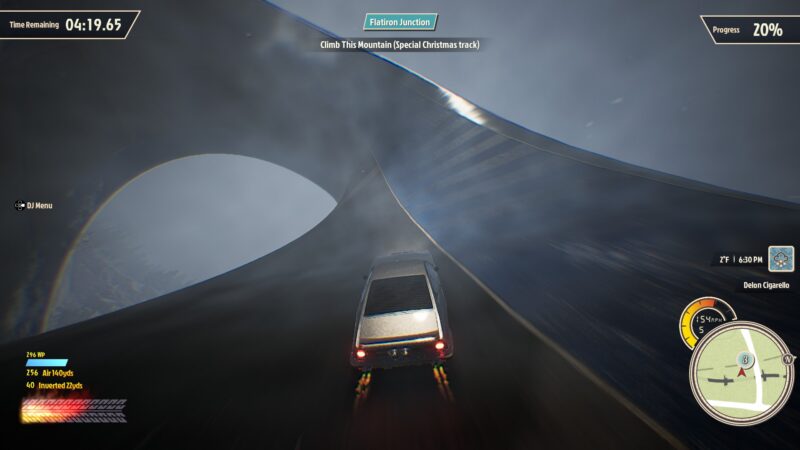
Burnout Paradise finally has an heir; for better or for worse, I think it had the baby with Codemaster’s Fuel. But I loved both of those games, so Wreckreation is my ideal open world racing thing. I just hope it finds a player base and survives with the recent dire studio news.
